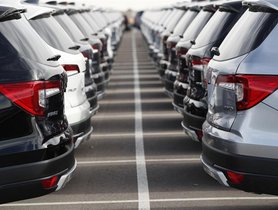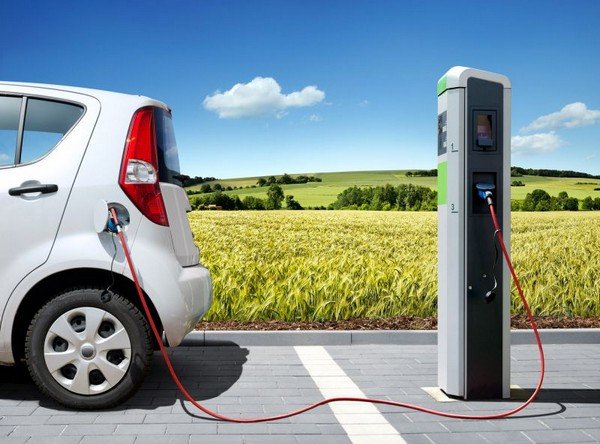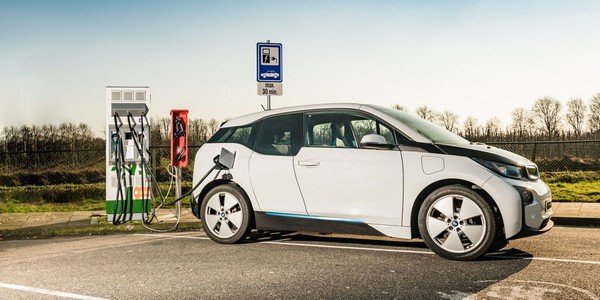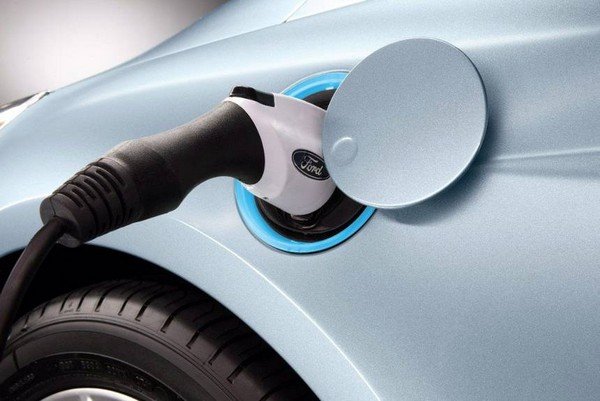Popular News
YOU MIGHT BE INTERESTED IN
Government Announces Electric Car Charging Infrastructure And Guidelines
by Harish Kumar |
18/12/2018
The Governmental encouragement on electric mobility charging stations will be conducted in some populous cities such as Delhi, Mumbai, Bangalore, Hyderabad, Chennai, Surat, Pune, etc.
- Tag:
- EVs
- electric vehicles








 Follow us on google news
Follow us on google news
